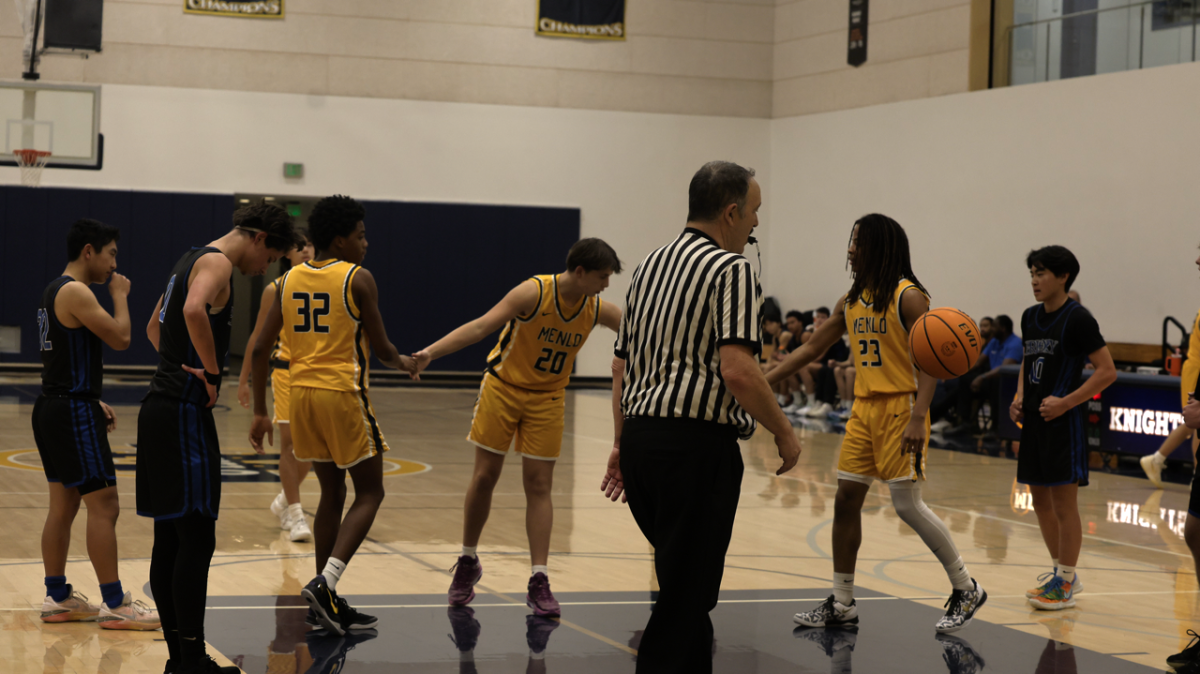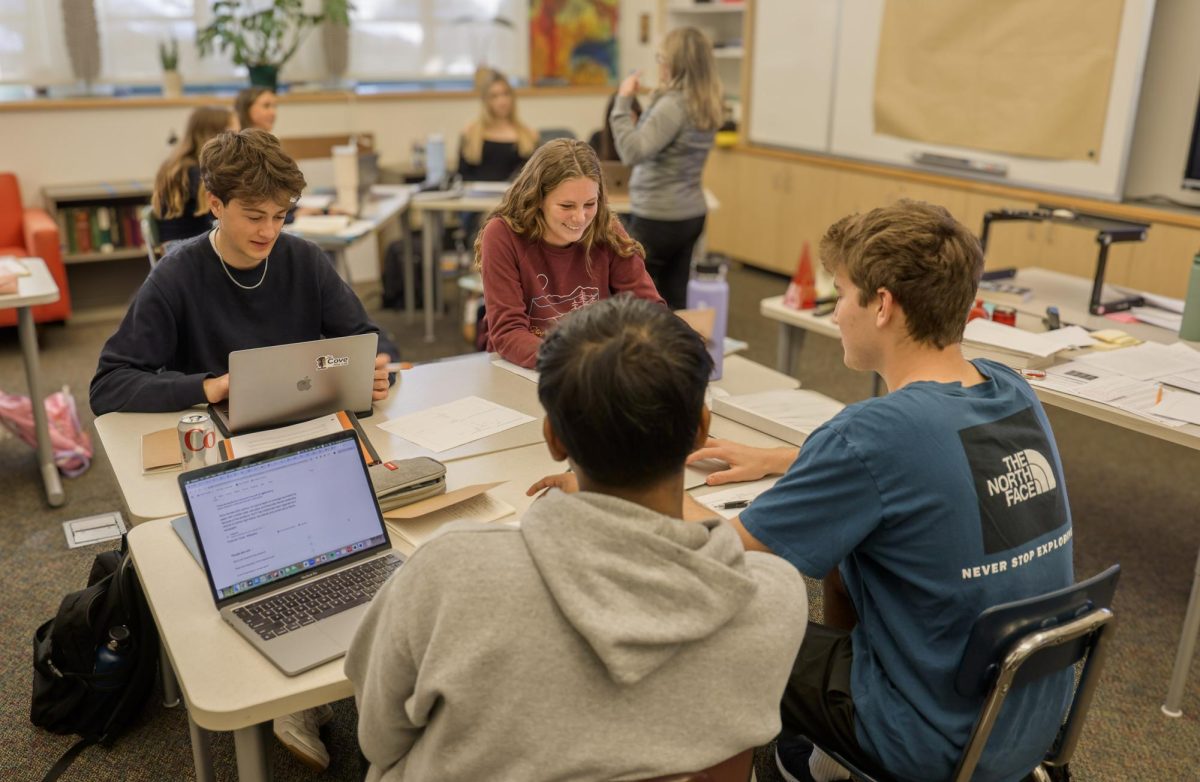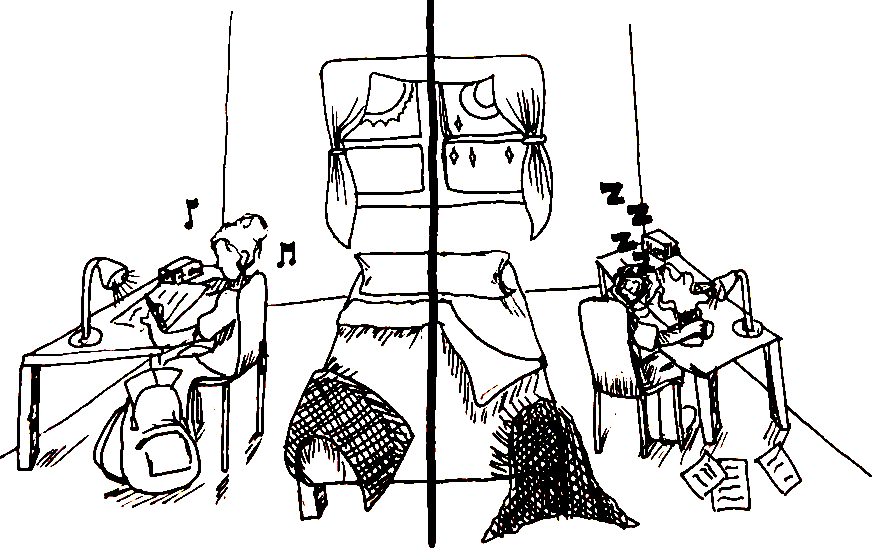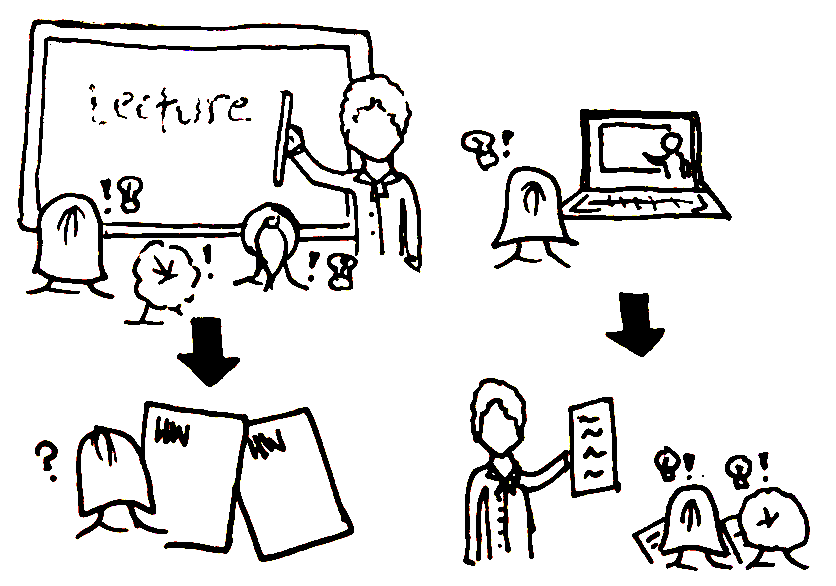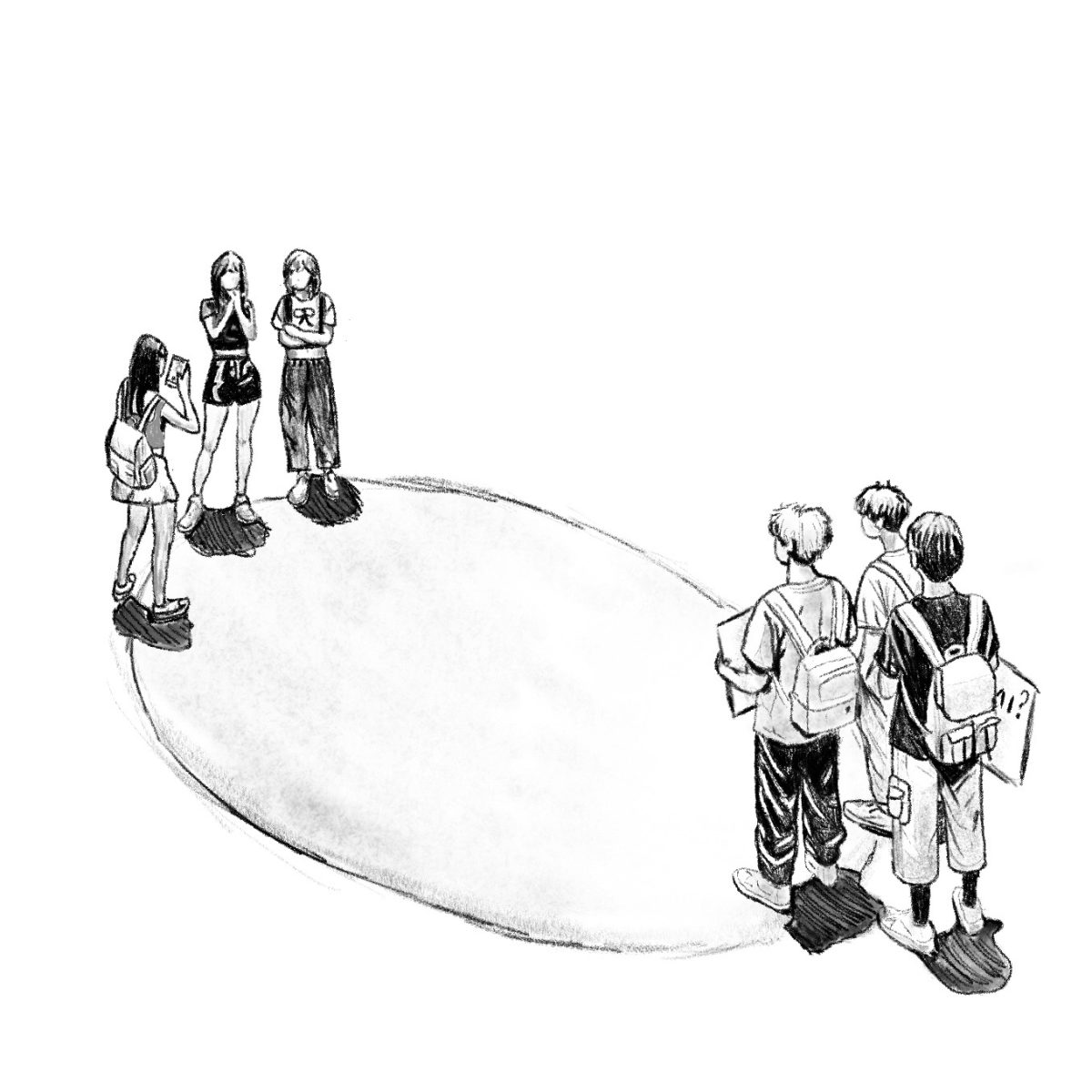Ramadan is a special time for my family and me. We fast from dawn till dusk once every year for about a month. That’s no food and water all day long, which is really difficult especially when you’re in school. Then, at night, we break our fast with a meal called iftar, where the whole family gathers to eat and reminisce about their day. It’s a warm tradition that brings us closer to one another and teaches us to appreciate the little things in life, like a family dinner.
At Menlo, it’s important that we are present for all diverse traditions and cultures, and Ramadan is a wonderful opportunity to practice showing up and celebrating another culture. It’s not necessarily the act of fasting itself that’s important, but the reasoning behind why we do it. We fast in order to learn and put ourselves in the shoes of others who may be less fortunate than us.
Fasting during Ramadan while in school is certainly not for the faint of heart, especially as a Menlo student. School goes as usual, and it takes an awful lot of willpower and energy control to get used to homework and school on an empty stomach. However, fasting at school does have some positive aspects. My teachers and friends are sympathetic towards me and my Ramadan needs — they are not bothered about me lagging behind some days as I fast. This understanding between students who are observing Ramadan and the Menlo community is the kind of support I hope continues to flourish at Menlo.
The Menlo community’s interest and questions about the holiday are also reassuring: they reassure me that people care about what I’m doing and why I’m doing it. My classmates will ask me why I am fasting and what it feels like to fast in Ramadan; some of them are even interested enough to go hungry for a day so they can learn more about it, and that actually generates some good discussion and a whole lot more respect and comprehension. This opportunity also lets me inform them about some of my culture and to eliminate a lot of myths. On the topic of myths, there are many that perpetuate surrounding Muslims and Ramadan. I’d like to take the time to debunk a few now.
Myth #1:
Every Muslim has to fast. This is wrong. In fact, only about 93% of Muslims fast during the holy month. People who are sick, young, old, or pregnant are not obligated to fast.
Myth #2:
Swallowing your saliva breaks your fast. This is completely false, because it is a natural reflex!
Myth #3:
You can chew gum while fasting. This is false! You digest the calories and sugar, so it breaks your fast.
Admittedly, sometimes fasting gets confusing. To others, it may feel like a baseless physical restraint or punishment. But in reality, it is a very spiritual process that makes us practice gratitude, self-control and empathy. Daily fasting reminds me of my behavior and decisions I make on a daily basis, and the breaking of the fast during an evening routine reminds me of how blessed my life is. It’s kind of like being sick and remembering how it felt when your nose wasn’t stuffy.
Apart from fasting, Ramadan also includes some other traditions, one of which is known as Taraweeh. Taraweeh is a prayer which takes place each evening after iftar. To persevere through the prayers that bleed well into the evening, either at home or in the mosque, is a religious deed and brings a feeling of fulfillment, peace and belongingness. They are holy moments and part of the rich experience of the blessed month.
The Ramadan experience annually as a Menlo student has been one of resilience and gratitude. Knowing that I am able to share this aspect of myself in an open, interested school community is reassuring. The values that I’ve learned during Ramadan –– to wait patiently, persevere with grit and to have delight in giving –– are values I hope to preserve.
Just being able to experience and practice Ramadan freely at Menlo makes the entire experience that much richer, deepening the bonds of understanding and respect within our diverse community, fostering a culture of empathy and shared human experience.




